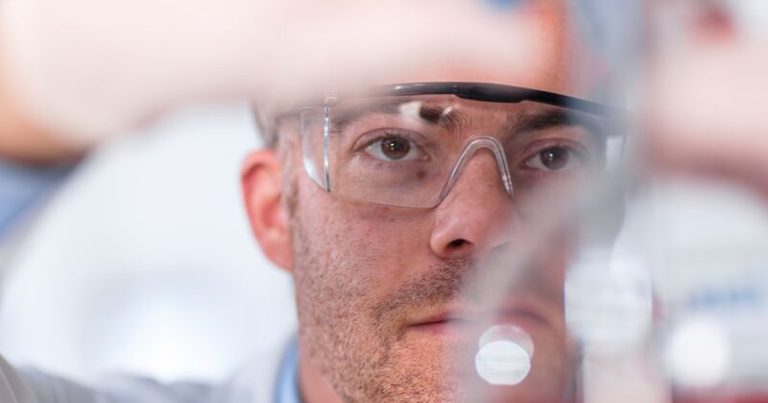Pharmaceutical company Roche has announced it is expanding its open digital pathology environment with the integration of more than 20 advanced artificial intelligence algorithms from eight new collaborators.
The collaboration aims to use AI to assist pathologists and scientists in cancer research and diagnosis.
The pharmaceutical giant plans to integrate third-party AI tools into its enterprise software, navify Digital Pathology, an application designed to incorporate various AI-driven algorithms to improve pathologists’ workflow.
This AI was created to benefit cancer patients through precision medicine and improve pathological insights to enable targeted treatments.
Roche collaborators include:
Dr. Eve Cunningham, Director of Virtual Care and Digital Health at Providence, talks about clinician response to AI, driving education and engagement within the healthcare workforce, and how AI can help healthcare workers stay current on patient care.
Deep Bio, a company developing prostate cancer detection algorithms.
DiaDeep develops breast cancer biomarker quantification algorithms.
Lunit developed the Tumor Proportion Score assay for non-small cell lung cancer.
Mindpeak offers breast biomarker and pan-tumor PD-L1 algorithms for lung and other cancers.
Oukin creates an algorithm for screening of microsatellite stability in colorectal cancer.
Qritive is a platform that creates algorithms for screening and classification of prostate cancer, lymph node metastasis, and colorectal cancer.
Sonrai Analytics algorithm used to determine microsatellite instability status in colorectal cancer.
Stratipath, which creates algorithms for risk profiling of invasive breast cancer.
“We are excited to welcome these new collaborators to our digital pathology ecosystem,” Gilles Germann, head of the pathology laboratory at Roche Diagnostics, said in a statement.
“By combining our leadership in tissue diagnostics with a broad offering of cutting-edge AI technologies, we aim to revolutionize cancer research, diagnosis and treatment, ultimately empowering clinicians to improve the lives of patients around the world.”
Larger trends
This month, Roche announced the opening of a new Pharmaceutical Research and Early Development (pRED) Center at its global headquarters in Basel, Switzerland, that will bring together teams of scientists and researchers to accelerate scientific discoveries for patients.
In August, Roche partnered with diabetes and insulin management software company Glytech to make Glytech’s software available for use in conjunction with Roche’s Cobas Pulse point-of-care smart device hospital blood glucose system in the U.S. and global markets.
In January, diagnostics company LumiraDx inked a deal to sell its point-of-care technology to Roche for $295 million, with a further $55 million to fund the platform until the acquisition closes.
Last year, medical technology company PicnicHealth partnered with Roche subsidiary Genentech to accelerate research into neurological diseases through investments in real-world data. PicnicHealth will enable patients to review their health history and contribute anonymized medical data to clinical studies.

